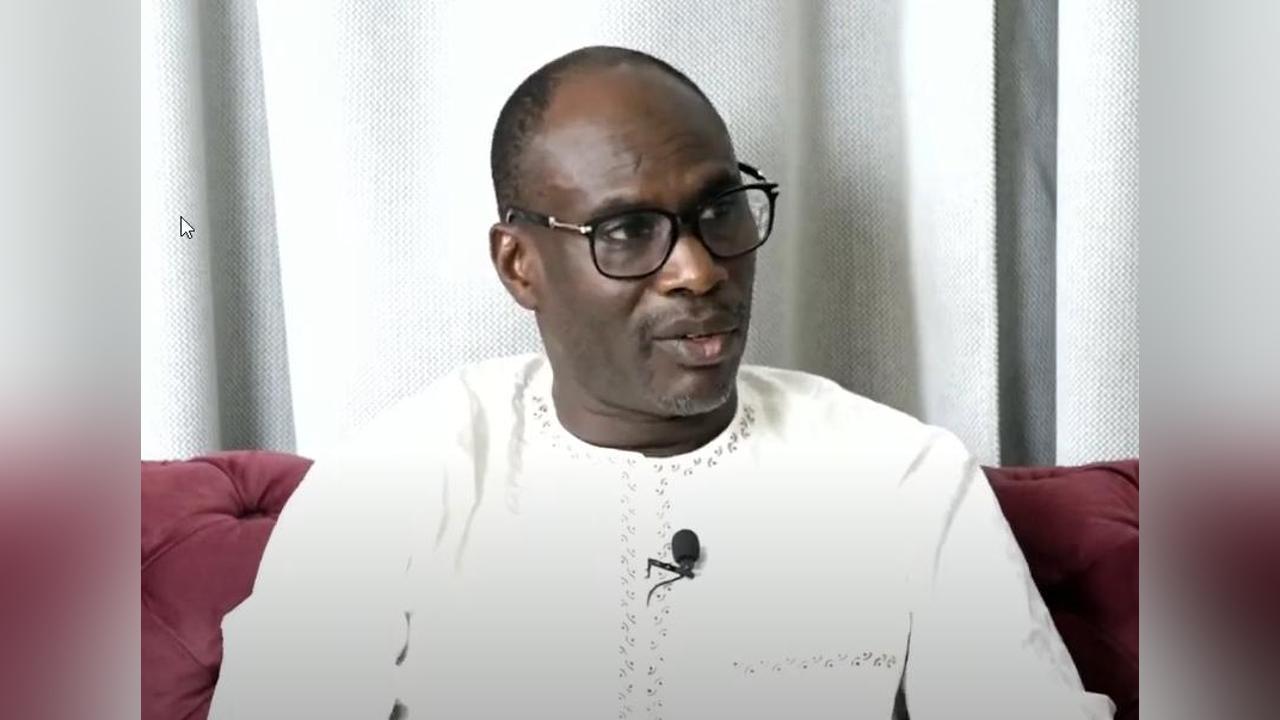
Africa-Press – Gambia. Essa Mbye Faal, leader of the APP Sobeya party, has strongly criticized the Gambian government’s approach to the recent demolitions in Salagi, describing the actions as legally flawed and inhumane. Speaking at a recent media engagement, Faal called for justice for the affected residents and urged them to seek legal redress, including compensation and damages.
“This is a government that does not respect its own procedures. It does not respect its own official actions,” Faal stated. “I hope to God that the people of Salagi will take the government to court and get adequate compensation—not just compensation, but also damages. Because if the government would give you a paper as title to land, it means the government has accepted the underlying transactions for those lands.”
Essa explained that the law clearly states you cannot renege on a promise or commitment. Once a transaction is accepted and documentation is issued, the party involved is legally barred from reversing their decision.
“But the thing is, the people were given building permits. By who? By the government,” he pointed out.
“Shouldn’t the government own up to that? I understand there are two things here. There is compulsory acquisition. It’s accepted by the constitution, and a procedure is laid out. The other is enforcing the laws that you cannot build on land that you do not own, or you cannot build on reserve lands.”
These Essa said are two different things and require two different legal tracks.
“These are two different things and require two different legal tracks. What was the government doing? Were they compulsorily acquiring, or were they enforcing the laws of physical planning? Because if they were enforcing the laws of physical planning, they would be stopped. This is the doctrine of Estoppel, it’s a contract,” he said.
According to Essa, these are separate matters that must follow different legal pathways.
“They are stopped by the fact that they have issued the planning permissions for these buildings. So it could not have therefore been enforcement of the physical planning laws. So were they doing compulsory acquisition? Compulsory acquisition does not allow you to just come and bulldoze and then you compensate. No, there is a process,” he said.
Essa criticized the government’s actions as a reckless and senseless destruction of people’s properties, saying it inflicted unnecessary grief, stress, and even forced many into homelessness. He stressed that the situation could have been entirely avoided.
He argued that the government should have engaged directly with the affected communities—examining the maps, understanding the context, acknowledging their own shortcomings, and working collaboratively with the people to find a humane and practical solution that considered their struggles.
“Would they give them alternative accommodation? How much compensation should they pay? Who is entitled to that compensation and things like that? That is what the government should have done, but not just come, bim, bim, bam. That is abuse of authority,” he said.
“Look at how much destruction they have done. You know, if a person owns a table and invests a lot of resources in that table, why come and damage the table?” He asked.
Essa emphasized that the solution to the issue is not destruction, but rather removal—two approaches that are fundamentally different.
“Destruction is foolish; stupid. Even if they are permanent fixtures, you know, there’s a way to do it. But look, you know, these people—they just went on a rampage and left a lot of debris in their way,” he said.
He concluded by pointing out that in many cases, it is the authorities themselves—along with the area council—who grant the initial permission.“That is why you don’t authorize a person to do something, and then you turn around and punish the person,” Faal stated.
For More News And Analysis About Gambia Follow Africa-Press





